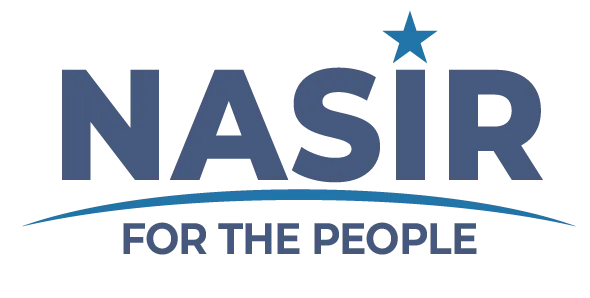
Issues
● Lack of Representation
● Limited political representation in local and national government.
● Economic Hardship & Employment Barriers
● High poverty rates due to limited access to well-paying jobs.
● Language barriers and lack of credential recognition for skilled
● Lack of Representation
● Limited political representation in local and national government.
● Economic Hardship & Employment Barriers
● High poverty rates due to limited access to well-paying jobs.
● Language barriers and lack of credential recognition for skilled
Educational Gaps & Youth Struggles
○ High dropout rates among Somali Bantu youth.
○ Lack of culturally sensitive mentorship and tutoring programs.
○ Gang involvement and substance abuse due to systemic neglect.
○ High dropout rates among Somali Bantu youth.
○ Lack of culturally sensitive mentorship and tutoring programs.
○ Gang involvement and substance abuse due to systemic neglect.
Cultural Erosion & Identity Challenges
○ Younger generations losing touch with their heritage.
○ Trauma from past persecution in Somalia not adequately addressed.
○ Younger generations losing touch with their heritage.
○ Trauma from past persecution in Somalia not adequately addressed.
Limited Access to Healthcare & Social Services
○ Language barriers prevent proper medical care.
○ Mental health stigma prevents seeking help.
○ Language barriers prevent proper medical care.
○ Mental health stigma prevents seeking help.
Housing Instability & Refugee Resettlement Challenges
○ Many families face overcrowded or substandard housing.
○ Lack of legal guidance on tenant rights and homeownership.
○ Many families face overcrowded or substandard housing.
○ Lack of legal guidance on tenant rights and homeownership.
How We Can Educate & Support Our Youth
After-School Programs & Tutoring – Partner with schools to provide academic support.
Mentorship Initiatives – Connect youth with Somali Bantu professionals.
Cultural Preservation – Teach language (Kizigua, Maay Maay), history, and traditions.
Job Training & Scholarships – Secure funding for vocational programs and higher education.
Sports & Arts Programs – Keep youth engaged in positive activities.
Mental Health Resources – Advocate for culturally competent counseling